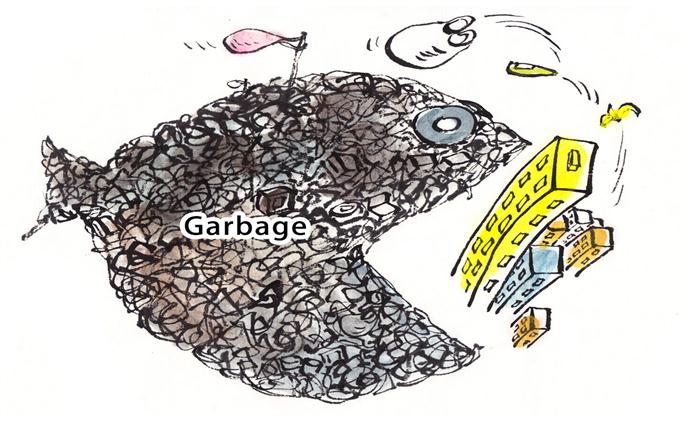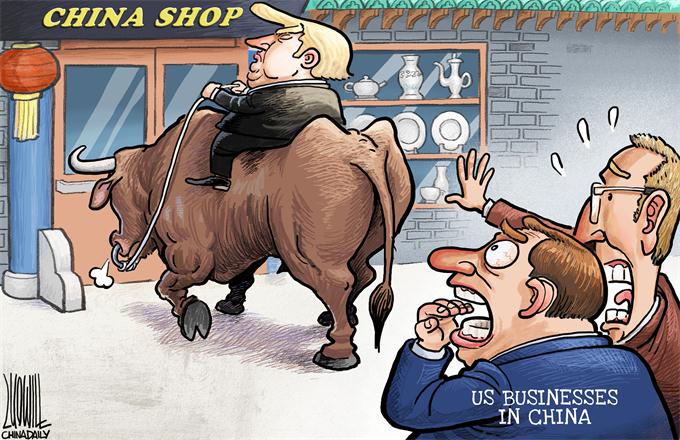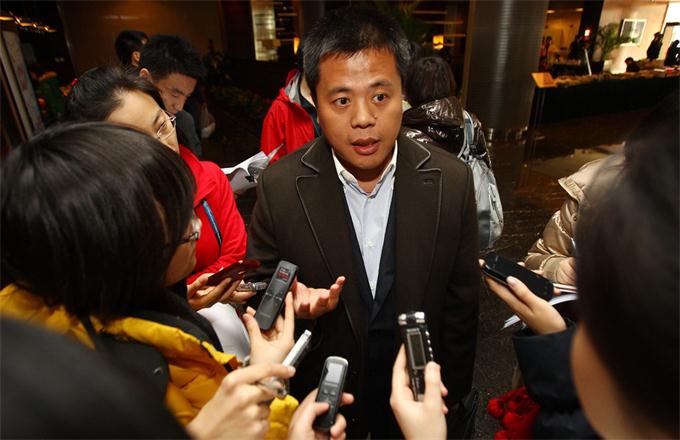Open, frequent exchanges for better UK ties
The UK, whose new government has reiterated its commitment to pursuing good relations with China, may find itself at the sharp end of this, especially as it concurrently looks to get the London-Washington relationship onto an even footing.
The challenges for UK policymakers can be seen in some recent mixed messages about its approach to East Asia. The British foreign secretary said at a recent talk at Chatham House that "the emerging balance of power system in Asia needs the influence of friendly countries", while there has been some lack of clarity over remarks by the UK's ambassador to the US on the possibility of the British military engaging in "freedom of navigation" operations in the South China Sea, something which would exacerbate the security dilemma in the region.
The UK, ideally working with the EU despite Brexit, should be encouraging a modus vivendi between China and the US in East Asia, on the basis of a balanced and impartial approach. London's response to the Asian Infrastructure Investment Bank and the Belt and Road Initiative (the Silk Road Economic Belt and 21st Century Maritime Silk Road) set the right tone, demonstrating an openness to a changing world order.
The talk of a Sino-British "golden era" apart, the more significant achievement of Xi's state visit to the UK was the establishment of a comprehensive global strategic partnership.
This partnership should provide the basis for open, honest and frequent exchanges of views on the full range of global interests. Of course, this does not mean the two governments agree on everything - far from it. But it does provide a platform for responding to the uncertainties facing the world, and for exploring reforms, to ensure the international system reflects changes in the global and regional distribution of power.
The author is a senior consulting fellow with Chatham House.
(China Daily 12/24/2016 page5)



















